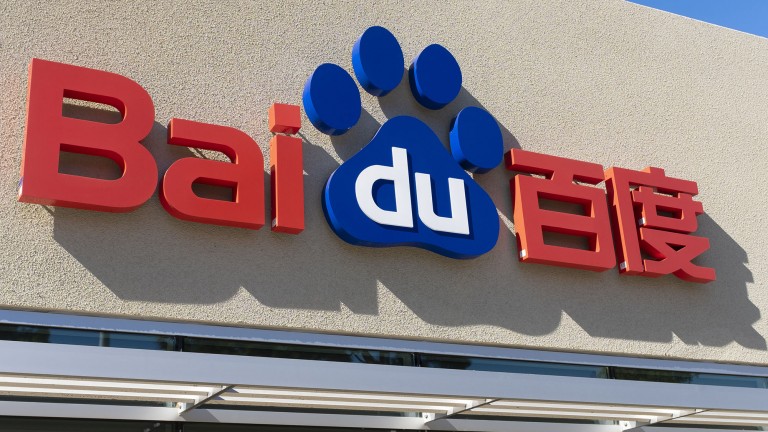Baidu, the search engine often called the Google of China, has launched a public beta version of its blockchain service for businesses, called Xuperchain, according to a local report.
What is it? The service is supposed to let small and medium-size businesses and developers cheaply launch so-called decentralized applications, or dapps. It’s also just one of the hundreds of blockchain projects in the works in China, where President Xi Jinping recently called for the nation to lead the world in blockchain technology development.
Dapps? Blockchains allow peers and competitors who don’t necessarily trust each other to share valuable data in a secure way. Decentralized applications are built using blockchain-based computer programs, called smart contracts. Members of a blockchain network can use them to automate certain kinds of transactions. For instance, the automatic transfer of valuable data from one user to another could be made contingent on another input, like a verified payment.
User-friendly: Baidu first revealed its plans for Xuperchain in September 2018. A white paper touted an innovative design and ultra-fast transaction processing speed compared with decentralized blockchains like Bitcoin. Baidu made the technology open source last May, but developers faced a number of technical challenges when they tried to deploy it, according to the news report. The new service will apparently be easier and cheaper to use, since companies won’t need as much technical expertise to deploy it.
Government-approved (read: centralized): The news report emphasizes that Xuperchain will be compliant with Chinese blockchain standards. Last January, China’s internet censorship agency unveiled regulations that require any “entities or nodes” that provide “blockchain information services” to collect users’ real names and national ID or telephone numbers. More than 500 projects had registered as of October. Blockchain purists would argue that this kind of centralized control defeats the purpose of the technology: shifting power to users and away from governments and banks.
A coming wave: But China’s leaders apparently see an opportunity to develop world-leading database technology in the form of centralized blockchains. In October, Xi called on the country to “seize the opportunity” to become the world’s leader in the technology's development. Among those touting future blockchain-based products are Baidu’s fellow big tech companies Tencent, Alibaba, and the e-commerce firm JD.
Keep up with the fast-moving and sometimes baffling world of cryptocurrencies and blockchains with our weekly newsletter Chain Letter. Subscribe here. It’s free!

